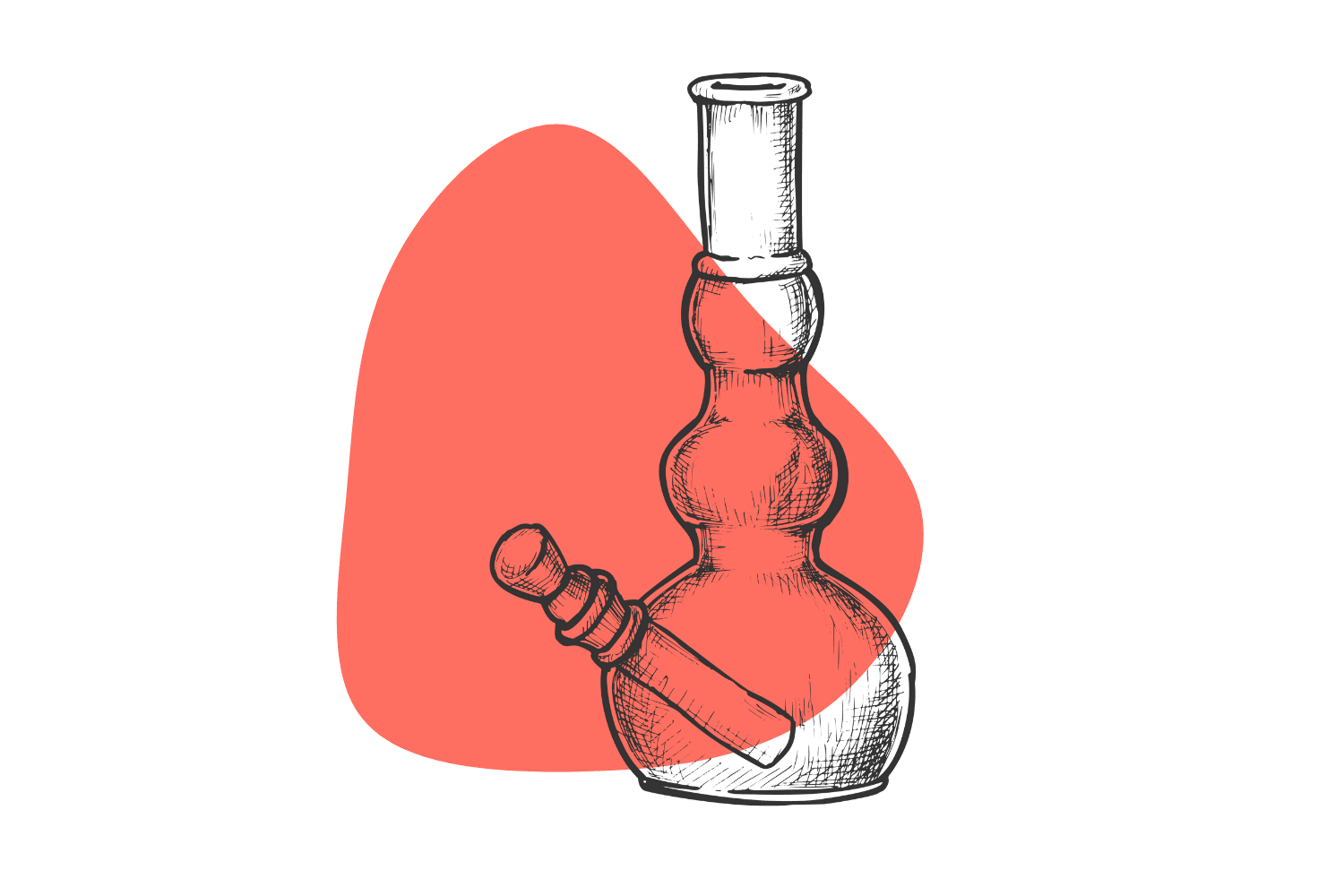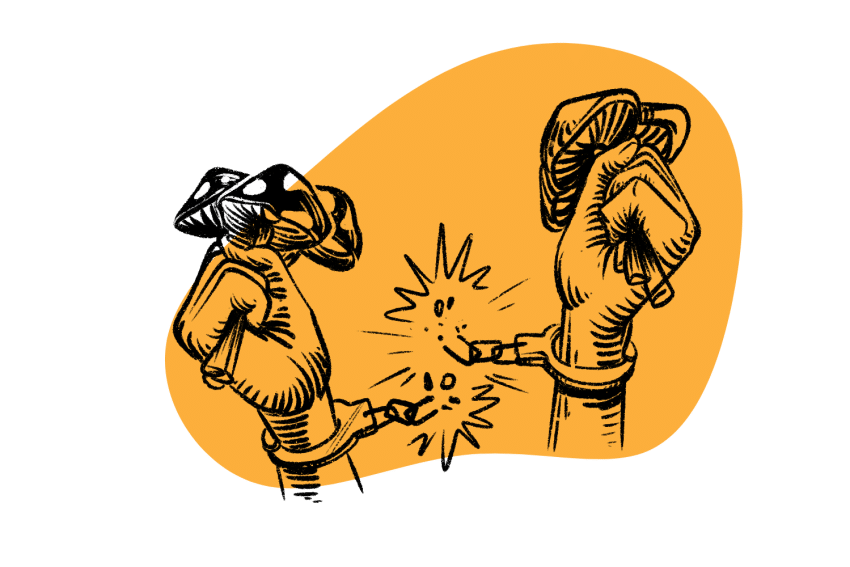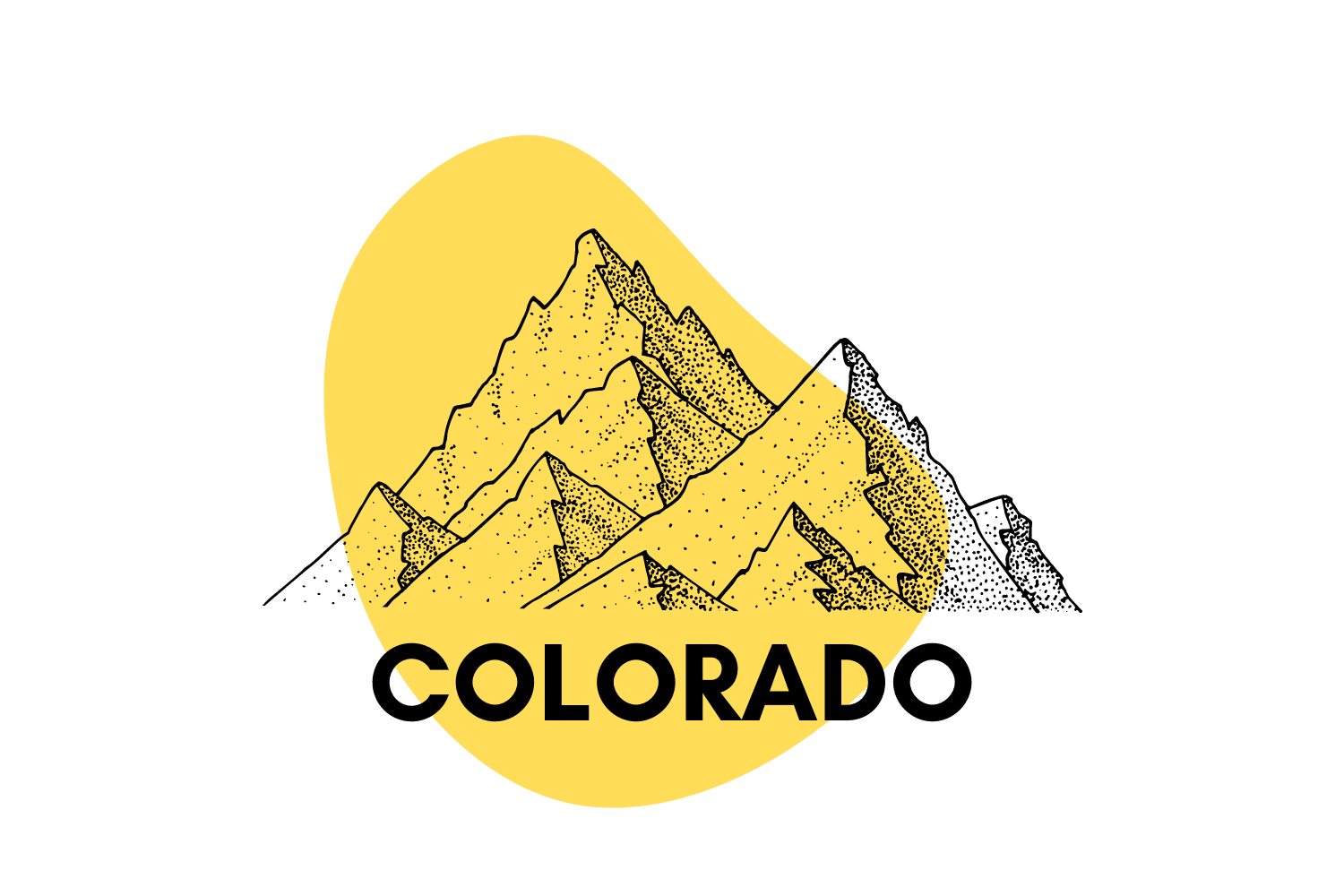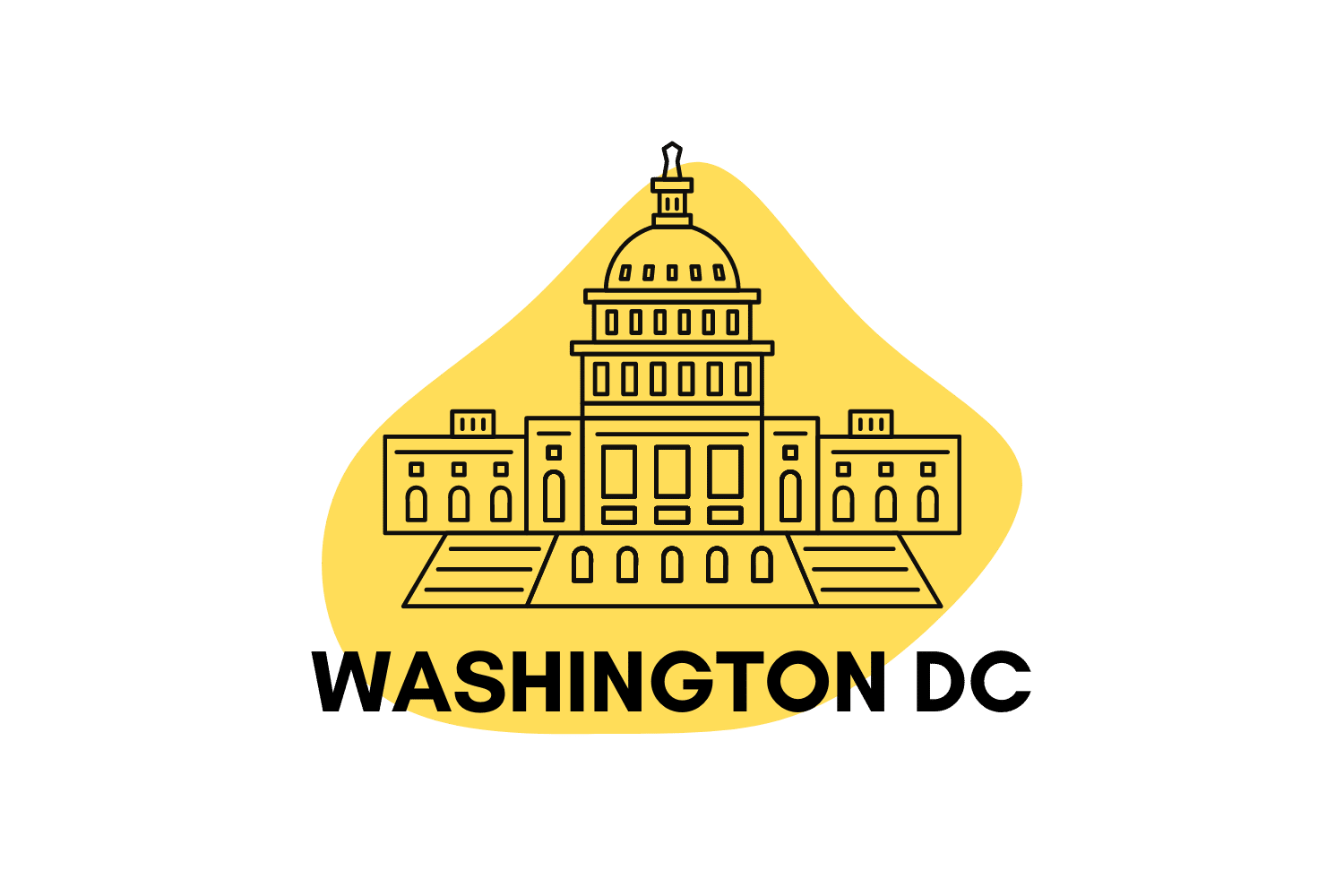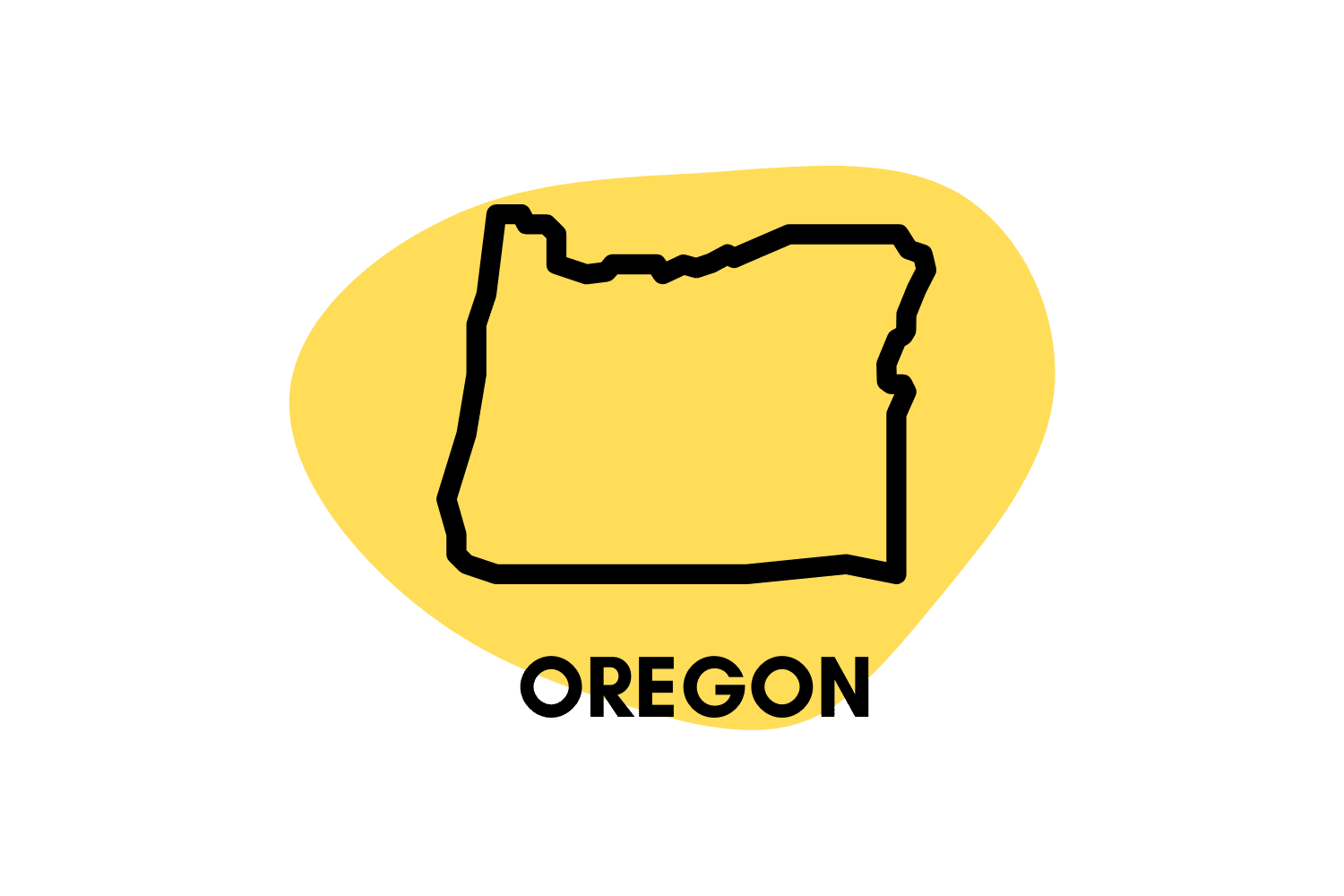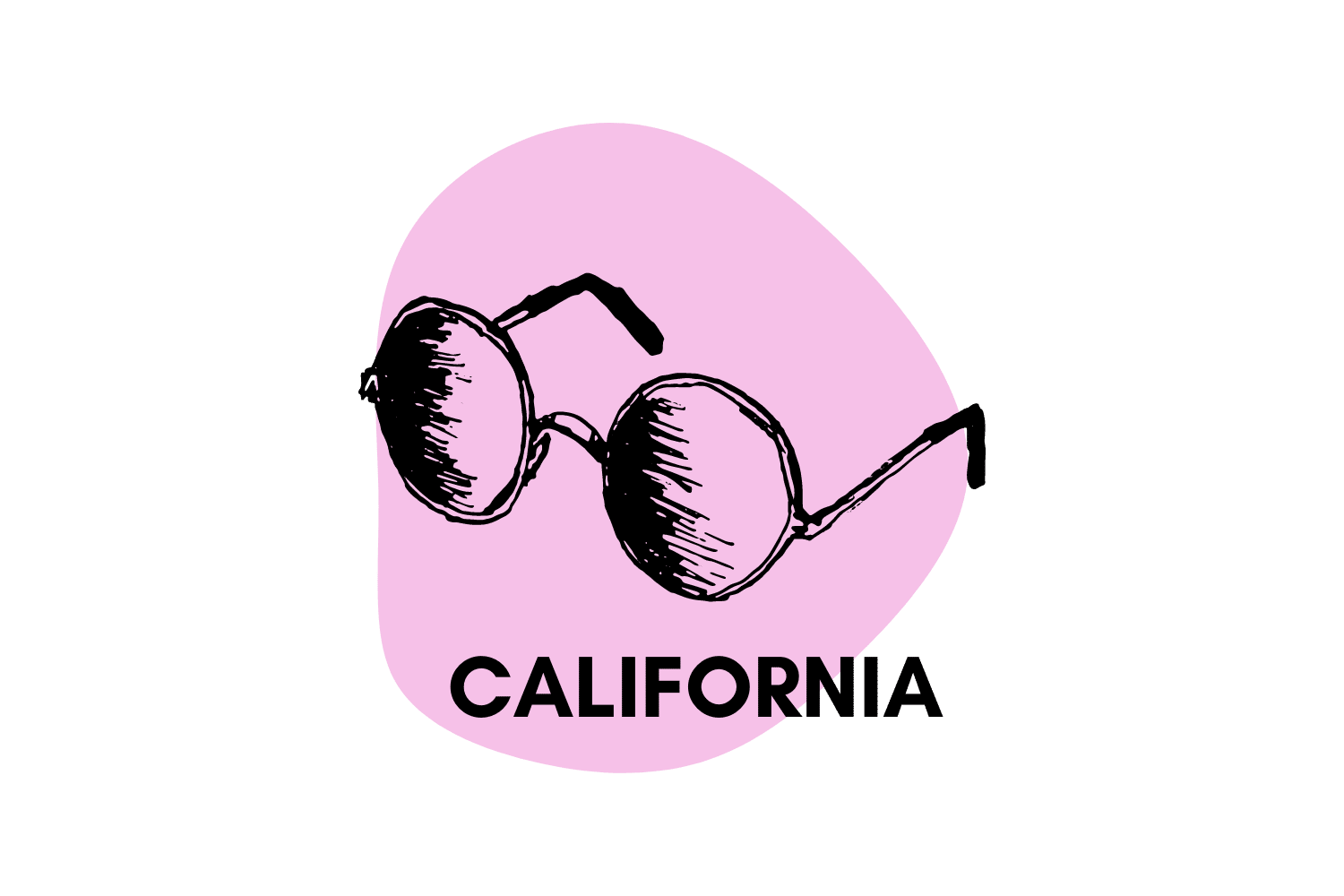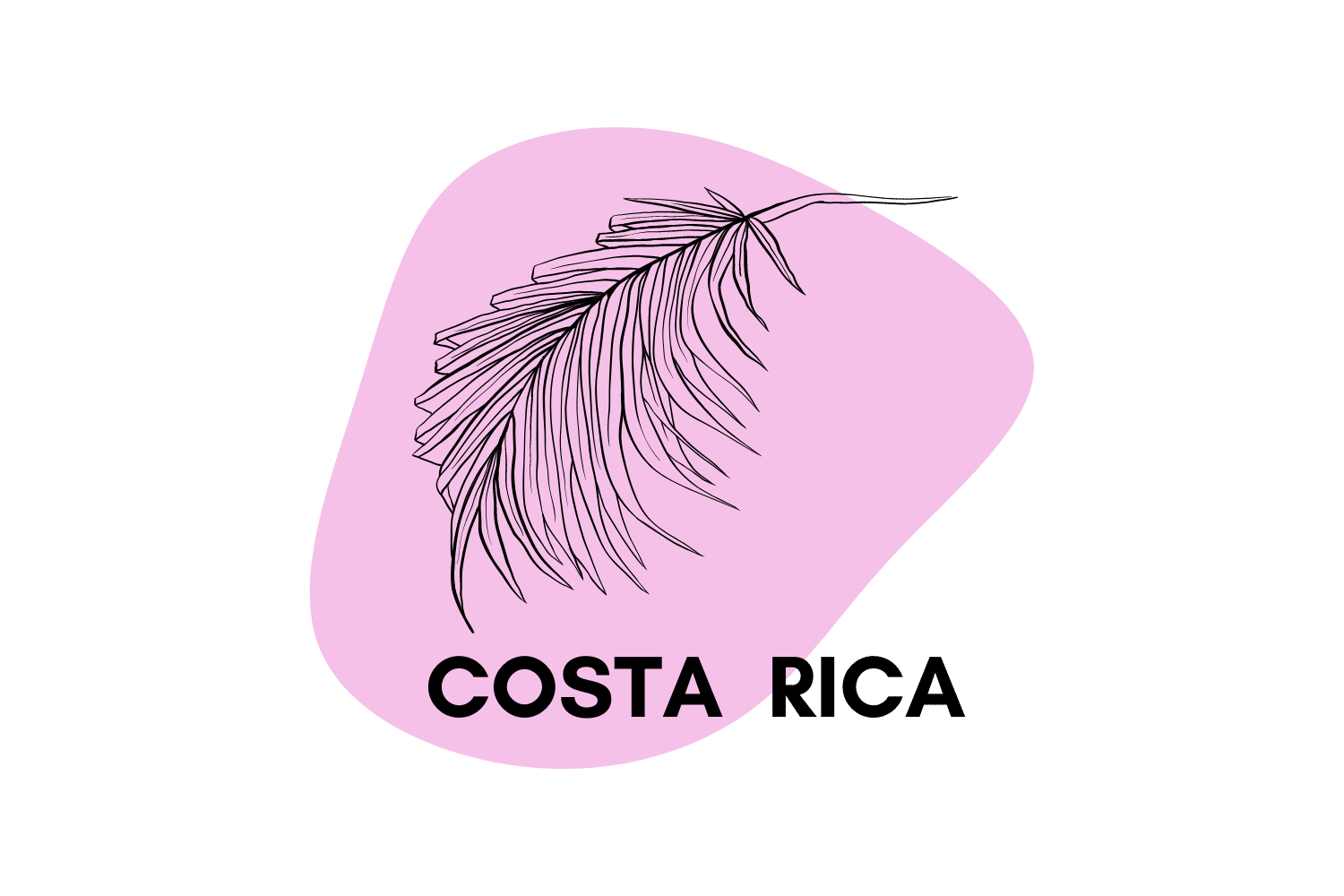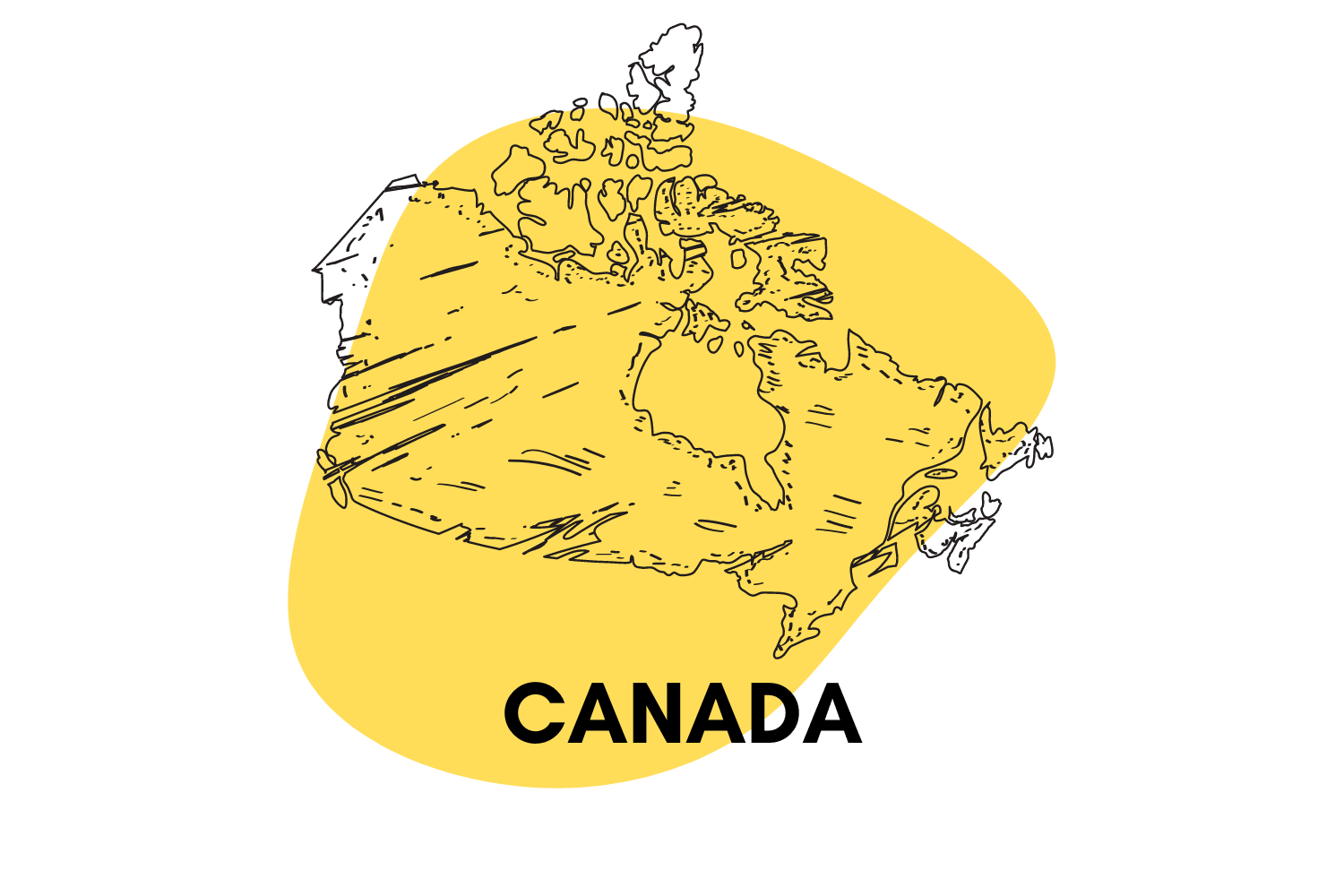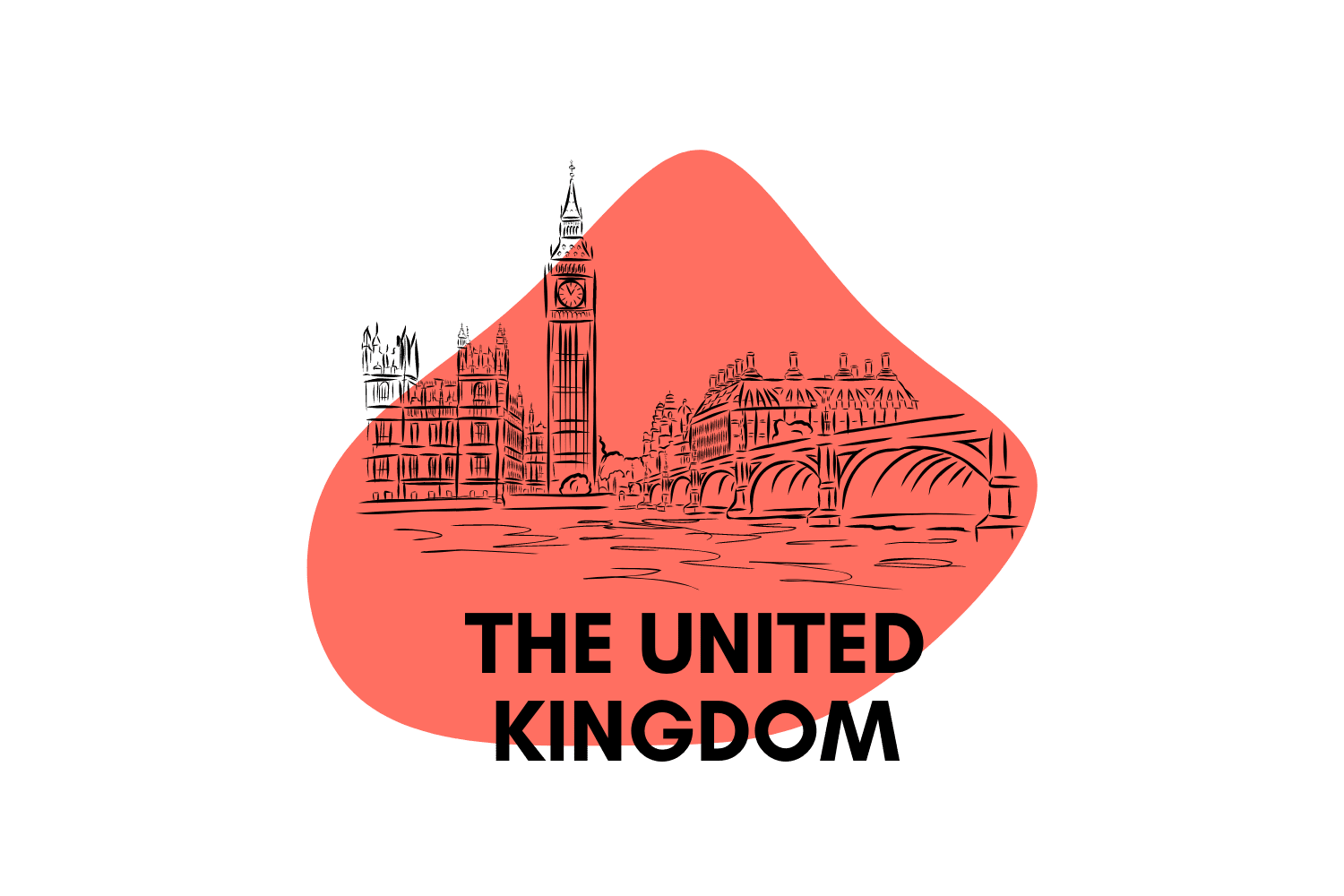Psychedelic Drug Laws in Nunavut, Canada
Since Nunavut is so close to the Arctic circle, sometimes the sun doesn’t set ☀️ and sometimes it doesn’t rise 🌙 Talk about a weird trip!
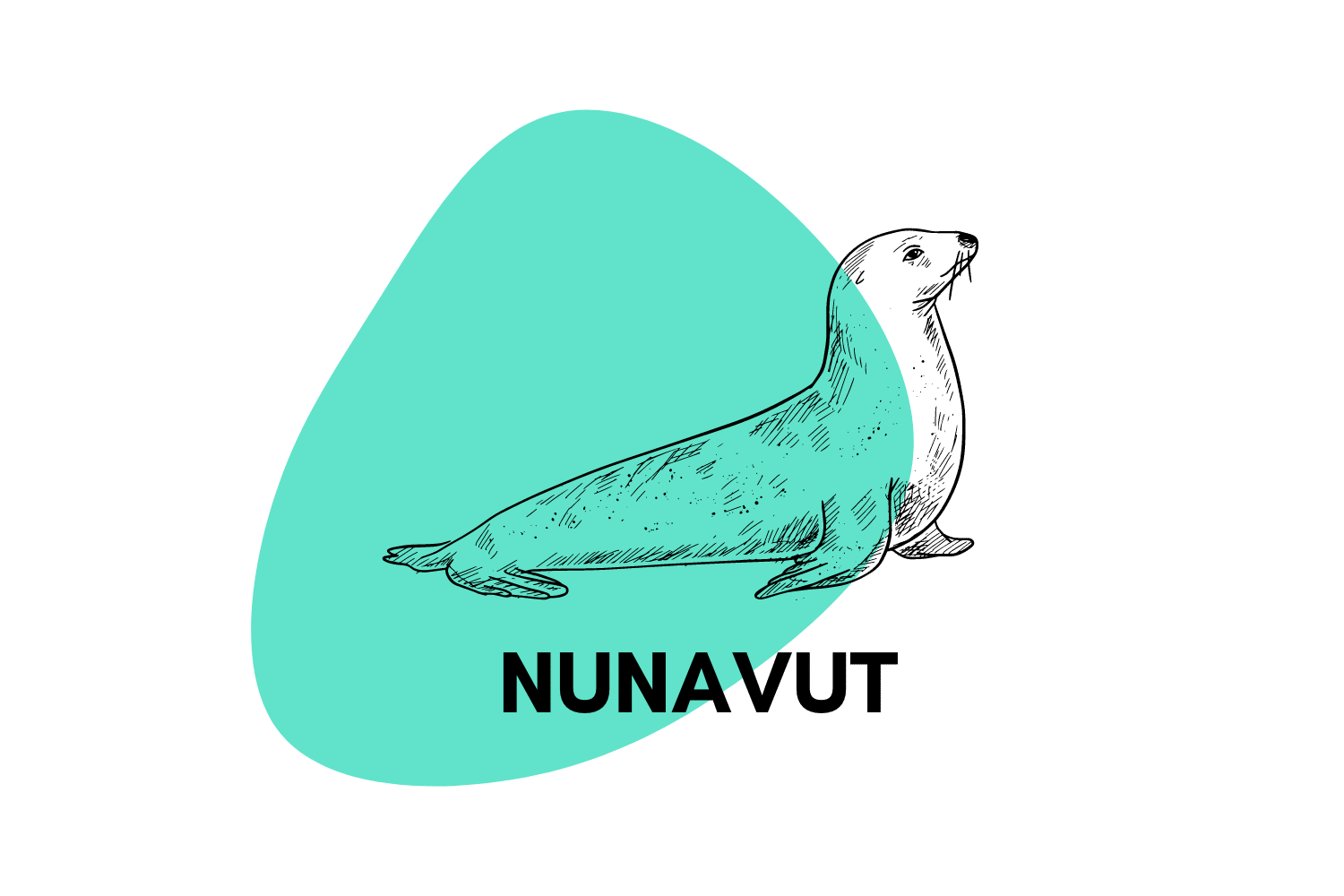
Canada is one of the most progressive countries regarding psychedelics.
Marijuana is already easier to find these days than alcohol, and psychedelic-assisted psychotherapy is just around the corner.
Here, we’ll cover the laws governing psychoactive substances throughout Canada, with a focus on any changes in local laws here in Yukon.
- Psychedelics are illegal in Nunavut, but this may soon change
- Marijuana is legal for both recreational and medicinal purposes
- Ketamine use is unlawful, but with exceptions
- No pending legislation changes regarding psychedelics in Nunavut
No, psilocybin is illegal in Nunavut.
However, the law does not consider magic mushrooms or psilocybin as dangerous as many other countries and places it as a Schedule III controlled substance under Canada’s Controlled Drugs and Substances Act (CDSA). Should the police catch you with psilocybin, you may spend up to 6 months in prison or receive fines of up to $1000.
The good news is that Canadian law allows you to grow magic mushrooms — with proper authorization, which is usually granted to terminally ill people.
Some politicians seek to decriminalize the substance at a national level. In 2020, a Canadian House of Commons member introduced petition e-2534 to remove the cultivation, trade, or use penalties.
Some organizations advocate for the reclassification of magic mushrooms due to the low potential of abuse and clear medicinal value.
You can freely buy magic mushroom spore kits in Canada because they do not contain psilocybin. These are easy to obtain, especially in online stores.
However, keep in mind that you would be committing a crime if you are not authorized to cultivate them. Spores become illegal once they germinate, as their fruiting bodies contain psilocybin.
Yes, psychedelic mushrooms grow everywhere, including Canada.
In Nunavut, you will find many species of magic mushrooms, but here are the most common.
Psilocybe pelliculosa
Psilocybe pelliculosa is one of the most prevalent species in North America, growing in groups or clusters along trails or forest roads in coniferous forests. These mushrooms contain psilocybin and baeocystin, albeit in small concentrations.
Psilocybe semilanceata
This species is widespread and can be found in most American countries, Europe, and even Oceania. Psilocybe semilanceata fruits abundantly in autumn and early winter.
Psilocybe stuntzii
This one can be found primarily in the Pacific Northwest, but there are some sighting reports in Nunavut. To increase your chances of finding it, look for it in softwood chips and bark mulch, soils rich in woody debris, and newly sodded lawns.
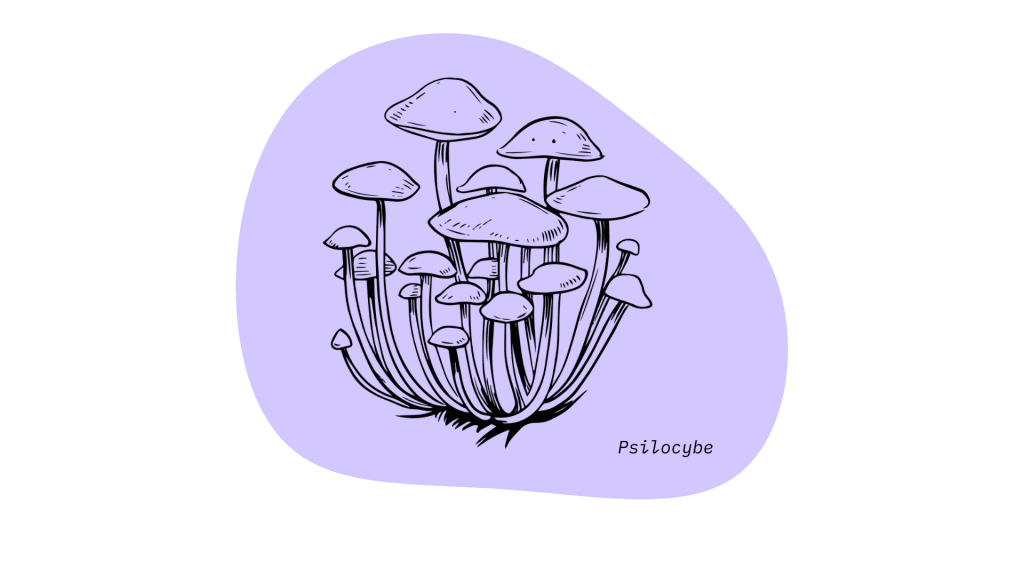
No, LSD is illegal throughout the country.
LSD (lysergic acid diethylamide) is illegal in most countries, and Canada isn’t an exception. Moreover, Canadian law places this psychedelic in Schedule III of controlled substances, which means you can spend up to six months in jail for possessing it.
No, DMT is also forbidden in Canada.
DMT is categorized as a Schedule III substance. Furthermore, penalties for using this substance are similar to LSD, yet the law makes an exception if used as ayahuasca for religious or cultural purposes.
There is no specific mention of other forms of DMT, such as changa or psychedelic toads. Still, we can assume any other form of using the substance is probably illegal.
No, MDMA is illegal in Canada.
The CDSA considers MDMA to be a more dangerous substance than the psychedelics mentioned above, which is why it places it in Schedule I. This means that if the police catch you with them, you can spend up to 7 years in prison.
However, the law allows you to access MDMA-assisted psychotherapy, which helps treat depression and anxiety.
No, ketamine is also illegal in Canada.
Ketamine may have numerous therapeutic benefits, but Canadian law still considers it dangerous, penalizing users with up to 7 years of prison.
This substance is gaining traction as an effective way of dealing with treatment-resistant depression and PTSD.
Yes, marijuana is legal in Canada, both for medicinal and recreational use.
Cannabis remains legal in the country, and you are free to access different isomers such as delta 8, delta 9, and delta 10 THC.
However, keep in mind that the Cannabis Act imposes certain limits. For example, you cannot possess more than 30 grams or more than four plants in your house. On the other hand, if you need marijuana for medicinal purposes, a doctor must give you the respective documentation.
What’s the Difference Between Legalization & Decriminalization?
Decriminalization and legalization are different concepts that many people confuse as being the same.
Legalizing a substance means the complete abolition of its penalties. This is the most effective measure to protect consumers from harmful quality products and combat the violence produced by drug trafficking.
On the other hand, decriminalization refers to the considerable reduction of penalties, usually the first step towards legalization.
Psychedelic Laws in Other Canadian Provinces
Some provinces treat drug offenses differently than Nunavut.
- Psychedelics in Alberta
- Psychedelics in British Columbia
- Psychedelics in New Brunswick
- Psychedelics in Newfoundland and Labrador
- Psychedelics in Northwest Territories
- Psychedelics in Nova Scotia
- Psychedelics in Manitoba
- Psychedelics in Ontario
- Psychedelics in Prince Edward Island
- Psychedelics in Quebec
- Psychedelics in Saskatchewan
- Psychedelics in Yukon
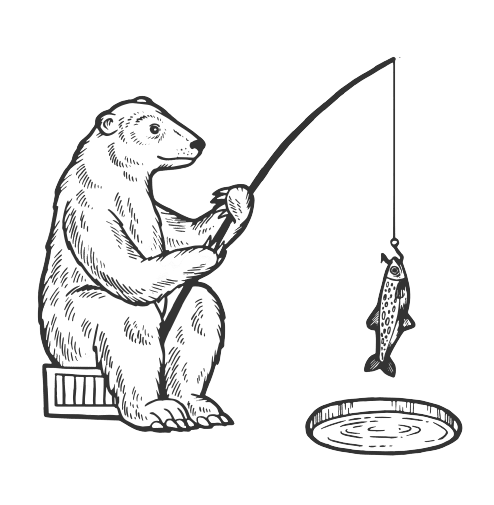
Numerous organizations and even Canadians call for the decriminalization of plants and fungi with psychoactive properties. In conclusion, Nunavut and most of Canada slowly progress towards decriminalizing and even legalizing psychedelics, though strictly for medical use.
Fortunately, Canadian laws are incredibly flexible compared to the rest of the world, so this may happen sooner than expected.

